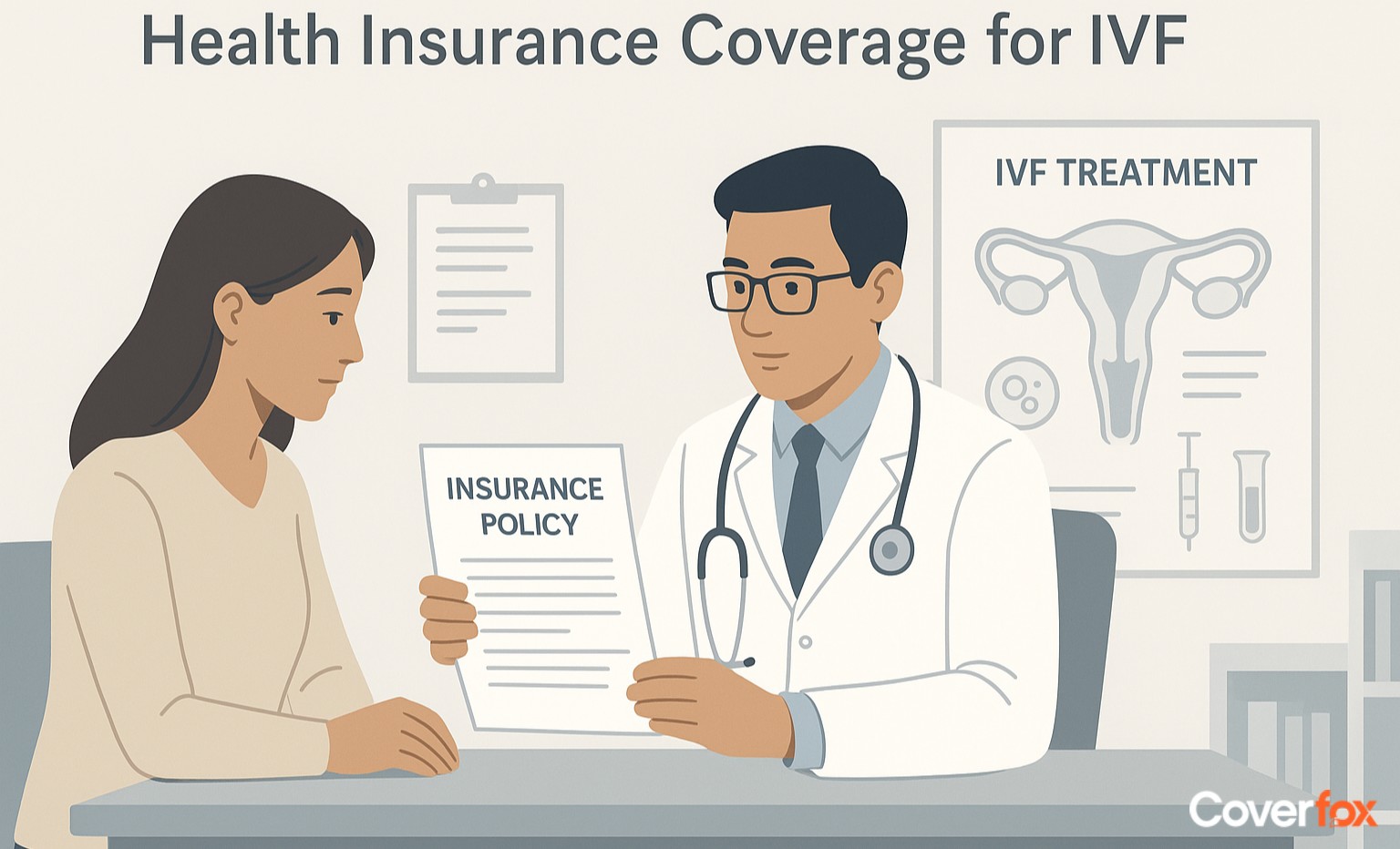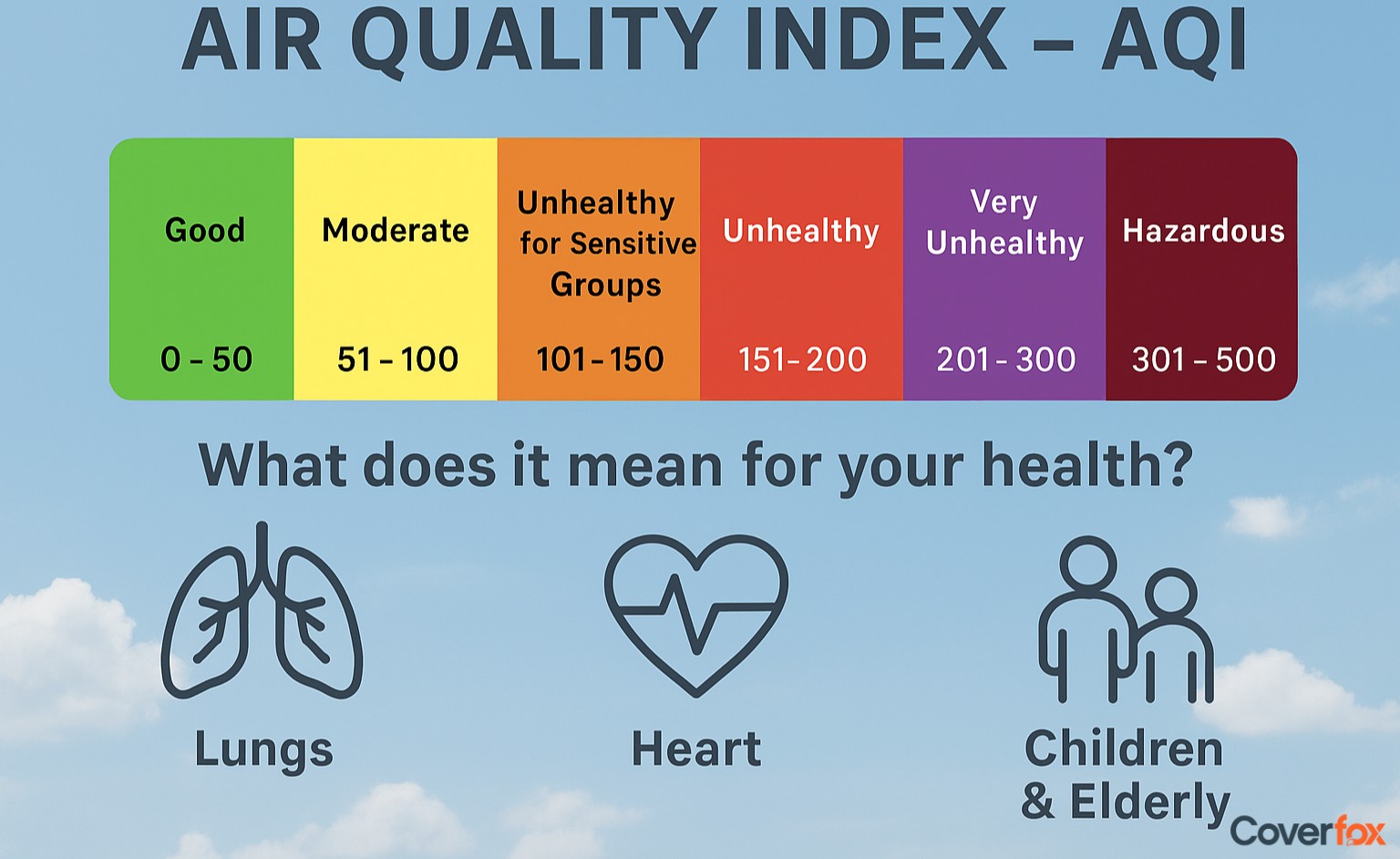Find the idea of buying health insurance or running a half marathon intimidating? Read to know why you're so wrong!

In July 2014, I did not have a health insurance policy. I didn’t think it was necessary, given that I had a company health insurance plan that (I wrongly thought) covered me enough.
In July 2014, on a whim, I enrolled myself to run the half marathon at the Standard Chartered Mumbai Marathon.
In October 2014, I joined Coverfox.com, bought my first health insurance policy, and started training for the half marathon, having never run more than 3 kilometres in my life, that too on treadmills, a long time ago!
And in January 2015, a day before I run my first half marathon, here’s what I have to say: Running your first half marathon is just as easy as buying health insurance**. Yes, you read that right, it's easy!
Non runners find running intimidating, I was one of them too. Till I put on my sneakers and got out, early, on the morning of the first of October. I could barely run a kilometre without losing my breath. How was I ever going to run 21 kilometres at a stretch? But I had committed to something and I wasn’t going to give up before even trying. And I had health insurance! I HAD NOTHING TO FEAR! And honestly, I found my run-jog-walk routine rather enjoyable right from the start. I saw my city doused in an early morning hue, something I had not done in a while, and it was pretty!
Running gave me a lot of time to think, and on one such day, it occurred to me that buying health insurance is so similar to training for a half marathon. It may look intimidating at the start, but it's actually simple, if you do it the right way. It’s practical, it’s extremely good for you and everyone SHOULD do it!
Here’s how you can train for a half marathon in less than 16 weeks or buy insurance in less than 5 minutes, or do both!
Commit!
The first step towards following through something you decide is to make a commitment. For me that started with signing up for a race and deciding that I should buy health insurance. That way, I made a commitment to being healthy and was practical in understanding that if anything was to go wrong with my health in the future, I should be protected from the massive costs that come unexpectedly just like a disease or accident.
Set a Goal
Once you commit, set a goal and research how to reach it. What time do you want to finish the race in? Is that realistic? How much training and time would you need to put? Do you want to raise awareness for a cause, or raise money for a charity?
Similarly, how much cover or sum assured do you need now? In the future? Remember, health insurance is for health costs now, in the near and most importantly, in the distant future. Who all do you want to cover amongst your family members? What diseases are you prone to? Research on the different plans available in the market.
Finalize the benefits you want
Your best friend Google will show up many, many training plans that you can follow in order to reach your goal. However, not everything is suited to you. Or works for you. You need to decide the benefits you are looking for. Is it weight loss? Overall health? Having bragging rights for life?! Figure out what training plan works best for you, given the number of hours you are willing to put each day.
When it comes to health insurance, it is absolutely important to figure out what features do you want in your policy, what is the range of premiums (or annual cost of the policy) for the features you want, what benefits are absolute must haves, which ones can you do without etc.
Know the rules, exclusions, what you’re signing up for
Health policies come with exceptions, exclusions and waiting periods for various kinds of diseases before they cover them. Many people don’t know this. Such people are in for a shock at the time of making claims. Don’t be that person. Even the minimum level of research will tell you about these. Be aware of what you’re signing up for. Always remember the golden rule, health insurance is to cover you against financial adversity due to an unforeseen illness. It is a protection against unplanned costs, not for planned ones. So it isn’t advisable to expect your health insurance be the be all and end all for all your health woes.
Just because you signed up for the marathon and are training for it, doesn’t mean you will have a super model body overnight or you’d start swearing by spinach! Be realistic of your expectations and don’t be too hard on yourself.
Estimate well and be aware the investments required
When you commit to something, you have to invest in it. With your time, efforts, energy. Marathon training is exactly the same. Understand that there is a minimum requirement of your effort, energy and time.
When you buy health insurance, you need to make an investment of your money, (although very small in comparison to the protection you get with it) year on year.
Get help : Be realistic and talk to an expert
Be it insurance buying or marathon training, both can get confusing and overwhelming. That’s why you need to get help. Hate waking up alone, make it a group activity with your friends. Get confused with the aches and pains and the distances you need to run each week. Join a running group. I run with Striders, a group with expert trainers that not only motivate you, have a solid, structured plan customised to you, but also give you the right advice at each step.
I got confused after seeing the 4-5 plans that I shortlisted. That’s when the customer support team at Coverfox helped me get the best policy for me. Of course my views may be seen as biased, given that I work for Coverfox, but honestly, talking to an expert is the best thing you can do for yourself. It’s a one time decision, you must not settle for anything mediocre for your help. Brokers such as our company are the best places to give you unbiased advice, in this case.
Be honest
When you buy health insurance, you should declare all your illnesses, medical history, habits at the time of buying the policy. This ensures that at a future date, if or when you make a claim, you are not setting yourself up for a rejection on account of being dishonest or for hiding what you should have declared.
While training, you are tempted to cut training sessions or you try and push yourself beyond your capabilities. There’s no point in doing either. If you cut sessions, you won’t be prepared enough. If you push yourself beyond your capabilities you are setting yourself up for painful injuries and a chance of sitting out of the race itself. Not cool!
Invest in the right policy and enjoy!
Once you follow the steps above, you will feel empowered with the protection of your health. And contrary to what I would have thought in July 2014, I am excited, albeit nervously, about the 18th of January when I put on my running bib and fly through the crowds at dawn!
It's 16th January 2015, and there's less than 48 hours to the race. And a five month older me is looking back at me in July, and saying with a knowing smile: "Isn't it awesome to see that your short, simple first step has played out to become a commitment to yourself that you'll keep feeling good about!"
The key, for me as it will be for you, is to keep this commitment going.
Edit: I am happy and proud to announce that I finished the half marathon in style, was healthy enough to come to work the next day. Awaiting me at office was a round of applause and a nice cake, thanks to my wonderful & thoughtful colleagues!






